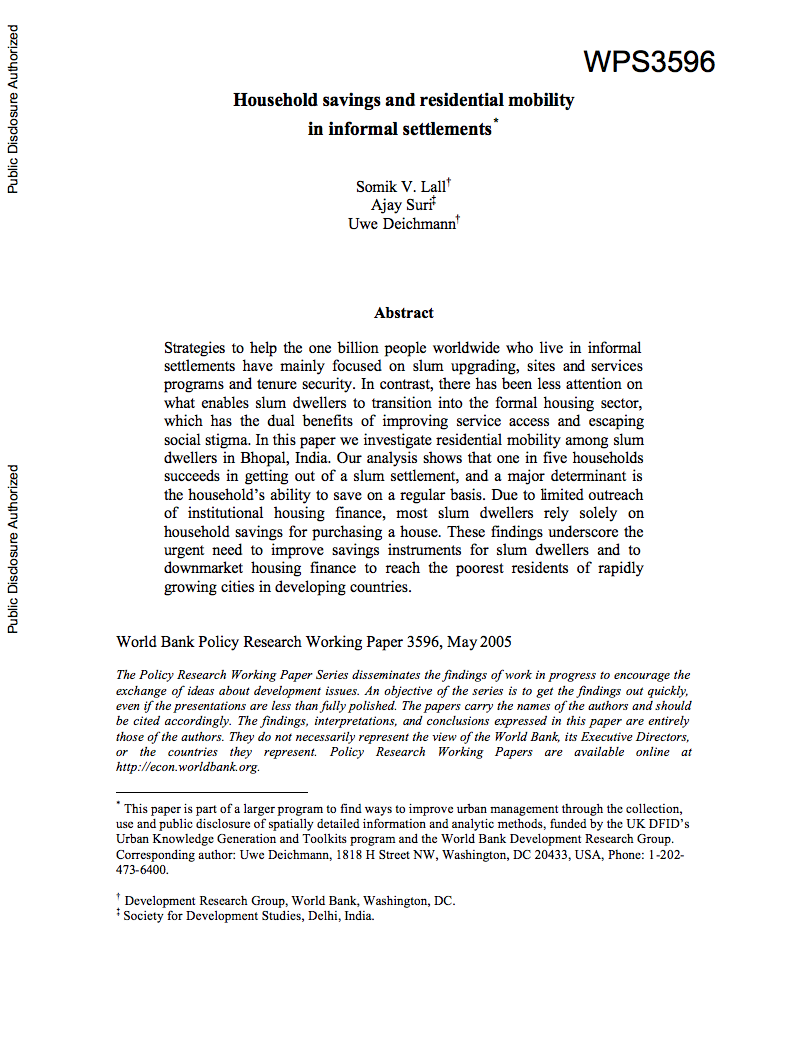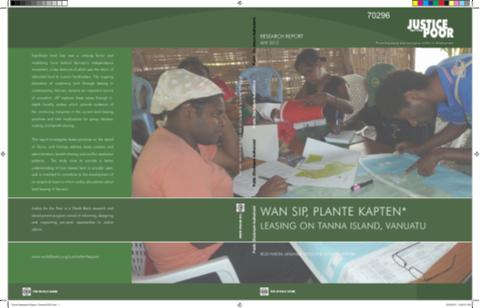Constraints to Growth and Job Creation in Low-Income Commonwealth of Independent States Countries
Despite sustained output growth since 1997, low-income Commonwealth of Independent States (CIS) countries (CIS-7) have not experienced growth in employment, a phenomenon observed elsewhere in transitional economies and labeled as "jobless growth." The author addresses the causes of this phenomenon in the CIS-7. He argues that the lack of job creation is explained by a combination of structural factors, including capital-intensive growth, large potential for productivity gains among existing workers, and compartmentalized economies best depicted by a dual labor market framework.





